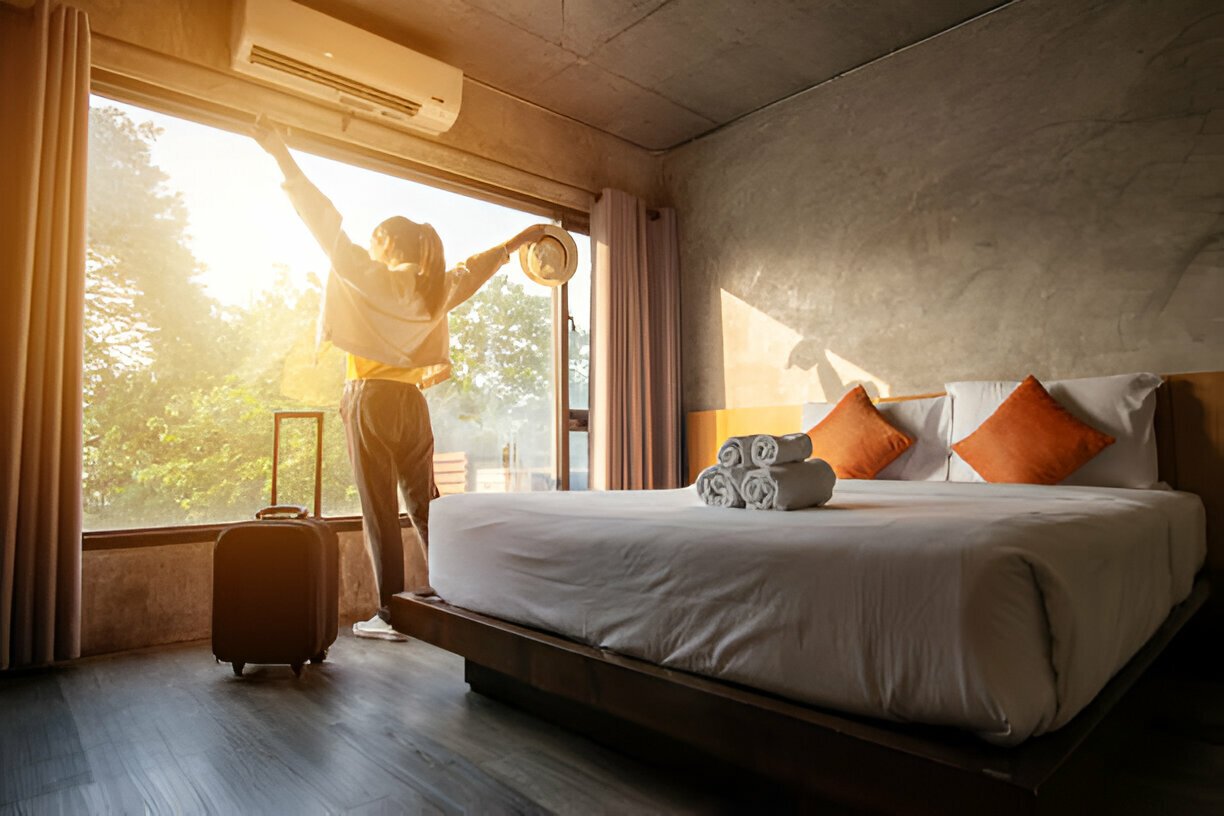When moving to Dubai, one of the first things you’ll need to figure out is where to live. Dubai offers a wide range of accommodation options, from luxurious villas to modern apartments. The city is famous for its stunning architecture, and while you can find some high-end properties, they can be quite pricey.
Why Dubai is Attractive for Expats
Dubai is a popular destination for expats, who make up a large part of the population. Many people come here looking for job opportunities and the benefit of no income or corporate taxes. This means you keep your entire salary, and if you’re starting a business, the tax situation is favorable. However, the cost of living is high, and housing is particularly expensive. Some people spend up to 40% of their income just on rent.
Will Your Employer Help with Accommodation?
Your employer might help with accommodation costs before you move. They might provide a housing allowance or pay the rent directly, which could be deducted from your salary.
Should You Buy or Rent Property in Dubai?
Deciding whether to buy or rent is an important first step. Each option has its pros and cons, depending on what you’re looking for and how much you’re willing to spend.
Renting is a popular choice for newcomers. It’s flexible and allows you to explore different neighborhoods. It also means you can leave Dubai if needed without too much hassle, although most rental contracts last a year. However, long-term renting can be costly, and options in popular expat areas might be limited due to high demand.
Buying Property might be a better option if you plan to stay for several years. It can also be a good investment, as demand for housing in Dubai is consistently high. Although property prices are rising, there are still attractive options available, including off-plan properties with flexible payment plans. Plus, buying property worth over AED 2,000,000 can qualify you for the Golden Visa Program.
Types of Properties You Can Buy
In Dubai, expats can buy three types of properties:
Freehold Properties:
You own the property completely and can modify, rent, or sell it. These are highly sought after but may be limited to certain areas and are not available in older parts like Bur Dubai.
Commonhold Properties:
These include apartments and condos where you own the unit but might pay for maintenance. The buildings are usually managed by real estate companies.
Usufruct Properties:
These are long-term leases, up to 100 years. You can rent out the property but need permission to make any changes.
Types of Accommodation in Dubai
Dubai offers various types of accommodation, both furnished and unfurnished. The cost can vary based on location and type. For example:
Apartments:
Often found in high-rise buildings, some with balconies. If you prefer a garden, look into townhouses or standalone villas.
Popular Residential Areas
Here are some popular neighborhoods in Dubai:
- Jumeirah Lake Towers (JLT): A lively area with lots of dining and entertainment options around a lake. It also has a big park for outdoor activities.
- Jumeirah Beach Residence (JBR): Known for its sea views, JBR has many beachfront apartments and is close to shopping and dining. It’s a bit more expensive due to its prime location.
- Downtown Dubai features iconic attractions such as the Burj Khalifa and the Dubai Mall.
- Jumeirah Village Circle (JVC): A well-equipped residential area with parks and amenities. It offers a range of apartments and townhouses.
- Town Square: A newer development that’s great for families, with plenty of green spaces and community facilities. It’s a bit farther from the city center but offers modern homes and a family-friendly atmosphere.
Finding Accommodation
You can look for properties on websites like Property Finder, Bayut, and Dubizzle. Make sure any real estate agents you contact are registered with the Real Estate Regulatory Agency (RERA) to avoid scams.
Most properties are managed by agencies, and many agents speak English and are familiar with expat needs. If you choose to deal directly with landlords, be thorough when reviewing contracts. It’s wise to have someone knowledgeable check your lease agreement.
If you spot a building you like, you can visit its front office to inquire about availability.




